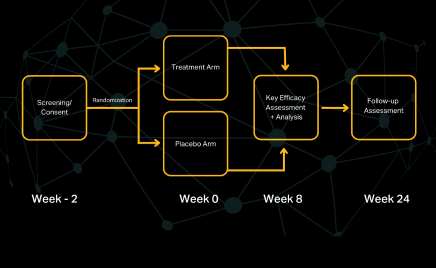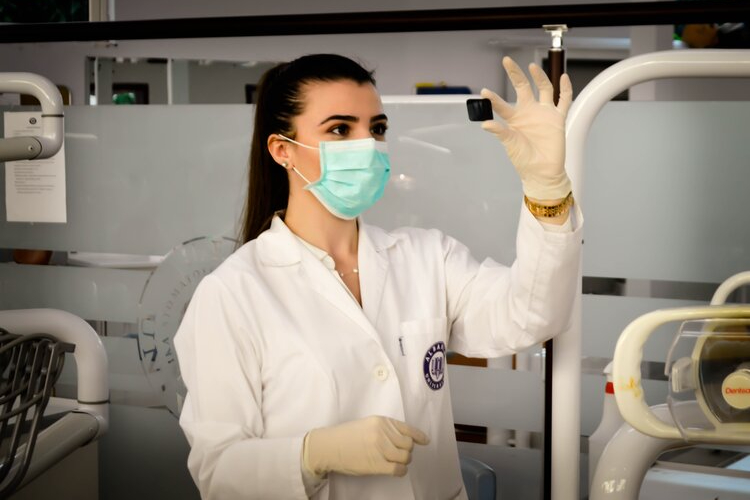
Empowering Clinical Development Teams to Uncover Actionable Insights From Their Trial Data
Optimize Trial Design and Late Phase Decision-Making with our Innovative AI. Discover insights into causal variables of subject response, drivers of meaningful clinical benefit, SAEs, and more.

What is NetraAI??
A Next Generation AI Solution Revolutionizing Clinical Trials
Unlock the potential of your clinical trials through a novel AI solution.
Effortlessly generate and decipher insights on treatment efficacy, toxicity, and placebo response
Know Your Patients

NetraAI is built to uncover the hidden relationship between patients in your clinical trial by using novel methods and empowering scientists to make critical decisions.
NetraAI, powered by Attractor AI, a proprietary long-range attractor algorithm, deciphers hidden patient correlations in your clinical trials, providing optimal causal factors with exceptional clarity and explainability.
Know Your Disease

Unlock the factors behind the heterogeneity of your patient population with our technology. Use these high dimensional views to enhance enrichment, reducing clinical trial risks and fostering success. Avoid populations that can hinder your development early on.
Design Smarter Patient-Centric Protocols With Intelligence

NetraAI generates insights that drastically improve inclusion/exclusion criteria leading to larger effect sizes and lower p values. Find the maximum population that is likely to be responsive and make phase III studies smaller and more efficient.
Publications, White Papers & Posters

Using Artificial Intelligence-based Methods to Address the Placebo Response in Clinical Trials
Attractor AI Provides Machine Learning Algorithms With The Power Of Causal Inference Through An Innovative Look-Back Memory Technology

Meet The Founder
Dr Joseph Geraci, Ph.D. is a mathematician, medical scientist, and quantum machine learning specialist. He holds postdocs in artificial intelligence, oncology, and neuropsychiatry. He has developed novel machine intelligence algorithms that are capable of providing extraordinary insights into small complex data sets, like those found in clinical trials.
He is associated with the department of Molecular Medicine and Pathology at Queen’s University in Ontario, Canada and the Centre for Biotechnology and Genomics Medicine Medical College of Georgia, USA, and is a visiting scientist in quantum computation and neuroscience at the University of California, San Diego.






